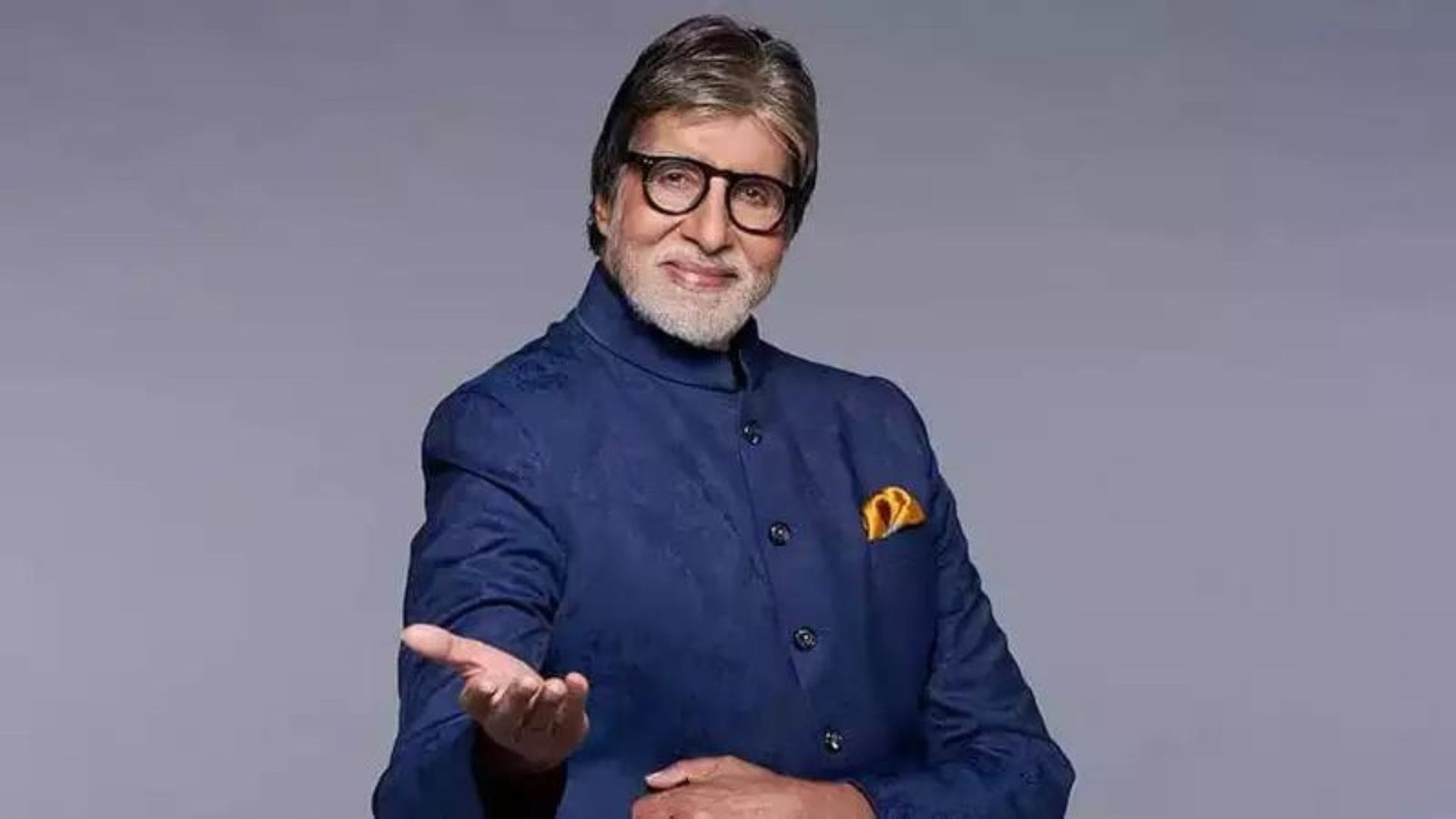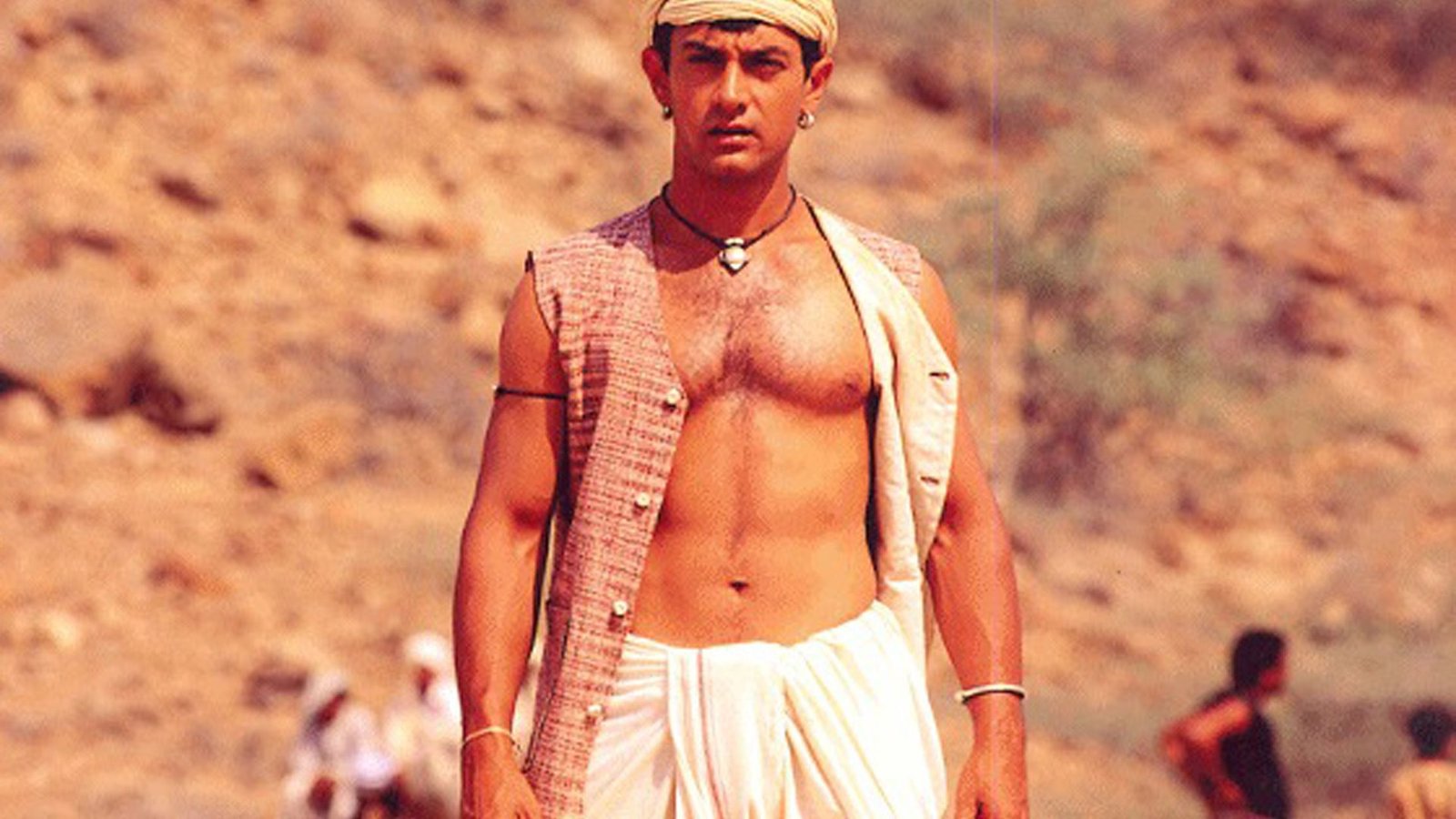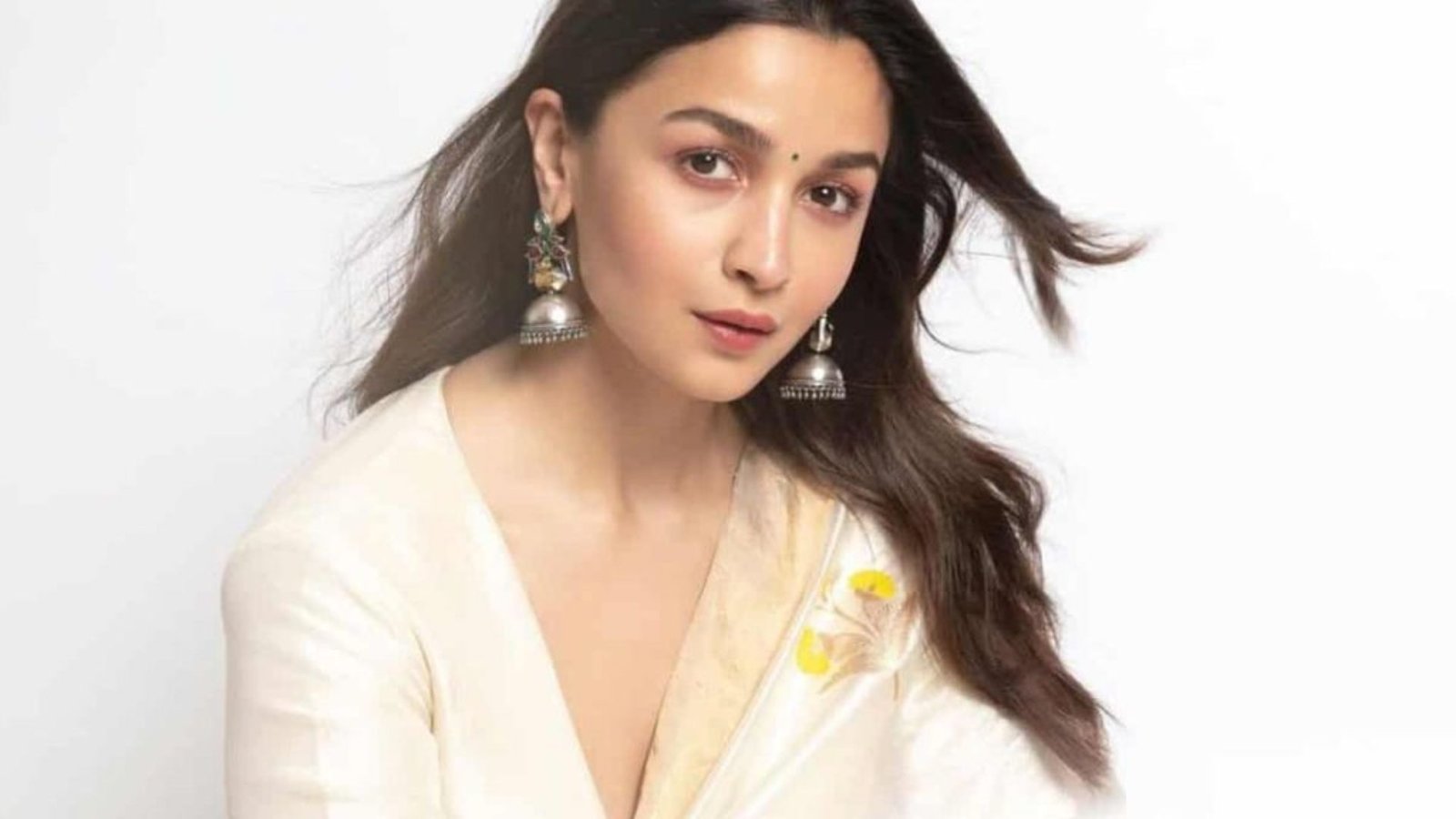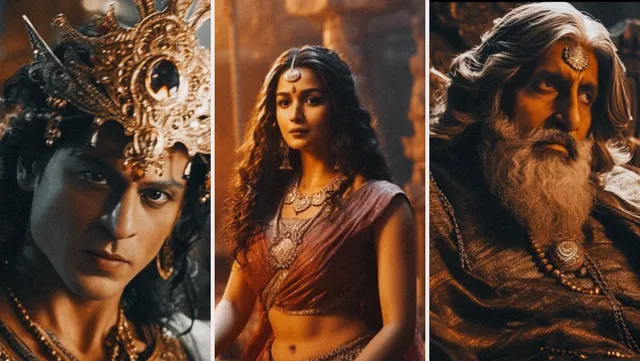Best Indian Actors Who Have Made a Global Impact
The world of cinema has seen numerous Indian actors who have made a global impact. These actors have not only achieved success in India but have also gained international acclaim, bringing Indian cinema to the global stage. Here’s a look at some of the most influential Indian actors who have made significant contributions to global … Read more










